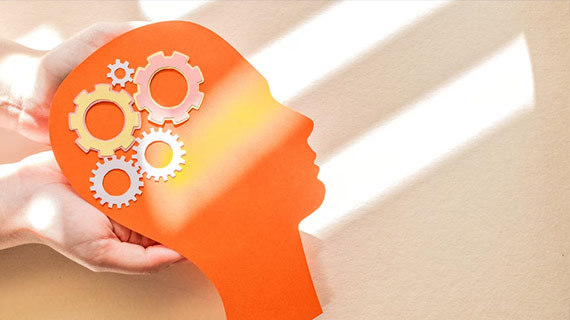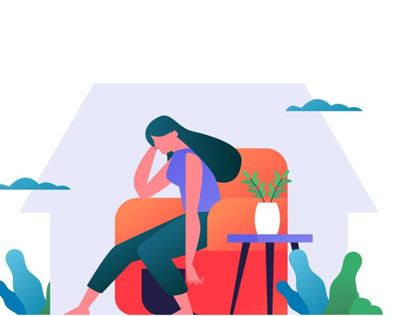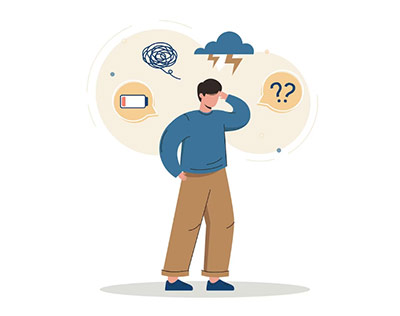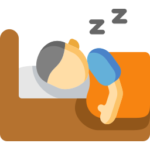THE TEEN BRAIN: 7 THINGS T0 KNOW
DID YOU KNOW THAT BIG AND IMPORTANT CHANGES ARE HAPPENING IN THE BRAIN
DURING ADOLESCENCE? HERE ARE 7 THINGS TO KNOW ABOUT THE TEEN BRAIN:
THE BRAIN REACHES ITS BIGGEST SIZE IN EARLY ADOLESCENCE.
For girls, the brain reaches its biggest size around 11 years old. For boys, the brain reaches its biggest size around age 14. But this difference does not mean either boys or girls are smarter than one another!


THE BRAIN CONTINUES TO MATURE EVEN AFTER IT IS DONE GROWING.
Though the brain may be done growing in size, it does not
finish developing and maturing until the mid- to late 20s.
The front part of the brain, called the prefrontal cortex, is one of the last brain regions to mature. This area is responsible for skills like planning, prioritizing, and controlling impulses. Because these skills are still developing, teens are more likely to engage in risky behaviors without considering the potential results of their decisions.
THE TEEN BRAIN IS READY TO LEARN AND ADAPT.


MANY MENTAL DISORDERS MAY BEGIN TO APPEAR DURING ADOLESCENCE.
TEEN BRAINS MAY BE MORE VULNERABLE TO STRESS.


TEENS NEED MORE SLEEP THAN CHILDREN AND ADULTS.
THE TEEN BRAIN IS RESILIENT.

RECOGNIZING PROBLEMS

Do I have mild symptoms that have lasted for less than 2 weeks?
- Feeling a little down
- Some trouble sleeping
- Feeling down, but still able to do job, schoolwork, or housework
- Feeling down, but still able to take care of yourself or take care of others

If so, here are some self-care activities that can help:
- Exercising (e.g., aerobics, yoga)
- Eating healthy
- Engaging in social contact (virtual or in person)
- Talking to a trusted friend or family member
- Getting adequate sleep on a regular schedule
- Practicing meditation, relaxation, and mindfulnes

Do I have severe symptoms that have lasted 2 weeks or more?
- Difficulty sleeping
- Difficulty concentrating
- Appetite changes that result in unwanted weight changes
- Loss of interest in things you usually find enjoyable
- Unable to perform usual daily functions and responsibilities
- Struggling to get out of bed in the morning because of mood
- Thoughts of death or self-ha
CARING ABOUT YOURSELF
Self-care can play a role in maintaining your mental health. Self-care means taking the time to do things that help you live well and improve both your physical health and mental health. It can help manage stress, lower your risk of illness, and increase your energy. Even small acts of self-care in your daily life can have a big impact.
Here are some tips to help you get started with self-care:






Practice gratitude. Remind yourself daily of things you are grateful for. Be specific. Write them down at night, or replay them in your mind.


Self-care looks different for everyone, and it is important to find what you need and enjoy. It may take trial and error to discover what works best for you.
Information sourced with permission from the National Institute of Mental Health https:///www.nimh.nih.gov/

